Keywords: Catherine Marshall
-
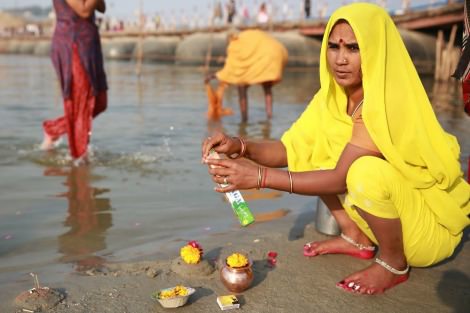
INTERNATIONAL
- Catherine Marshall
- 27 May 2016
3 Comments
In 2013 I attended an event so exclusive, so unique, it wouldn't happen again for another 144 years. It was the Maha Kumbh Mela in Allahabad, Uttar Pradesh, where, over a six-week period, an estimated 120 million Hindu pilgrims converged on the banks of the Ganges, Yamuna and mythical Sarasweti Rivers in order to perform puja, or the cleansing of their sins. If we're open to what travel seeks to teach us, we'll gain from it the most superior of educations, and the most profound lessons in humility.
READ MORE 
-
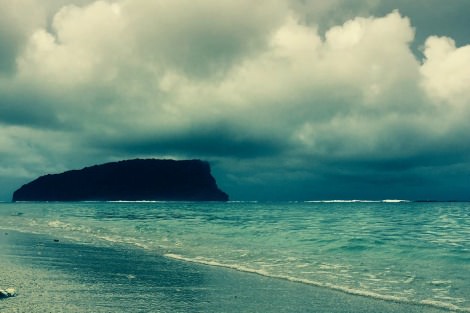
INTERNATIONAL
- Catherine Marshall
- 29 April 2016
3 Comments
It can be a dangerous thing, travelling to paradise. Those turquoise lagoons and white beaches and lush hills often conceal a more sinister side, a Mr Hyde to the brochures' bright-and-shiny Dr Jekyll. So it was on Samoa this week, when Cyclone Amos skirted by. We were told it was headed for Samoa's main island, Upolu, where we were staying. Still, we felt calm, for there wasn't a breath of wind in the sky. Later, at the height of it, I stood up in the dark, opened the curtains and looked outside.
READ MORE 
-

INTERNATIONAL
- Catherine Marshall
- 04 April 2016
2 Comments
When suicide bombers struck Brussels, I was travelling far from home, in southern Italy. The news evoked in me a sense of vulnerability, for within days I would board a series of flights from Reggio Calabria to Rome to Abu Dhabi and then Sydney. For a moment, it seemed the terrorists had achieved what they set out to do: spread fear and distrust far beyond the site of their attacks, across countries and continents and oceans so that eventually the whole world would be infected.
READ MORE 
-

AUSTRALIA
- Frank O'Shea
- 04 March 2016
2 Comments
At present, there is an argument between the two sides of politics about negative gearing. According to one side, changing the rules would reduce the cost of housing - and this is their strongest argument against such a change. A member of Gen X or Gen Y - someone in their 20s or 30s, not long out of education and in a first or second job, saving in the hope of one day being able to afford a home of their own - might not read it the same way. No wonder they are looking for a Messiah.
READ MORE 
-
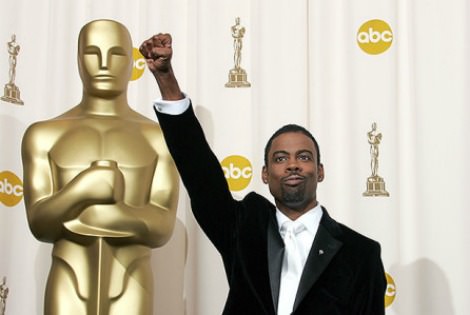
MEDIA
- Catherine Marshall
- 03 March 2016
7 Comments
Chris Rock's hosting of the Academy Awards was a win-win culmination of the #OscarsSoWhite campaign in which no actual person had to take the blame. Instead, a faceless institution named 'Hollywood' was rapped over the knuckles for its racism while the flesh-and-blood white faces that represented it could get on with the business of congratulating themselves. While all this mollification was going on, there was another, gargantuan prejudice saturating the air these celebrities were breathing.
READ MORE 
-
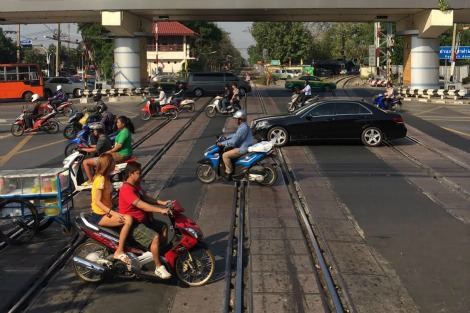
INTERNATIONAL
- Catherine Marshall
- 12 February 2016
3 Comments
My little sisters and I stand at the window and stare out at the passing world. The youngest is not yet two, and though she will grow to be six feet tall one day, for now she must stand on tiptoes to take it all in. We see children running beside the train, laughing and waving. My mother throws them the sandwiches left over from yesterday's lunch. Railway lines take the path of least resistance and the routes of most gain, and so they bring us right up close to the people who live alongside them.
READ MORE 
-
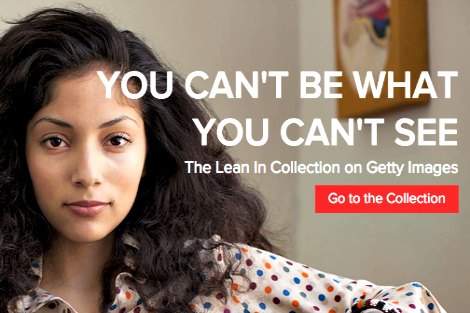
MEDIA
- Catherine Marshall
- 15 January 2016
1 Comment
Studies confirm that sexualised images of slim young women used in advertising and popular culture lead to body dissatisfaction, psychological impairment and eating disorders. A new initiative from the non-profit LeanIn.org is fighting this entrenched culture through a partnership with Getty Images. It has created a photo library depicting females in many sizes, cultures and styles of appearance, but all strong and determined and in-charge.
READ MORE 
-

MEDIA
- Catherine Marshall
- 18 December 2015
4 Comments
On her last Christmas, my mother produced a Christmas dinner for 14 people on an ancient anthracite stove in the kitchen of the farmhouse I'd recently moved to. Nothing could distract her from the preparation of this Christmas lunch on a stove that was built last century - except for the pain that had been growing for some months just beneath her ribs. As she stirred the stock and pressed cloves into the ham I saw a wave of discomfort wash over her. It was uncharacteristic and unnerving.
READ MORE 
-

MEDIA
- Catherine Marshall
- 20 November 2015
3 Comments
The best thing I ever did was give up reading the Mail Online. I'd log on at the end of a long day for a dose of what I thought was harmless, digestible fun. But it wasn't long before this mental junk food started to bloat my mind. When Jennifer Garner and Halle Berry appeared before a committee at Sacramento's state assembly to press for the introduction of laws aimed at protecting children from the paparazzi, I realised I was engaging in a despicable act: the consumption of other people's private stories.
READ MORE 
-
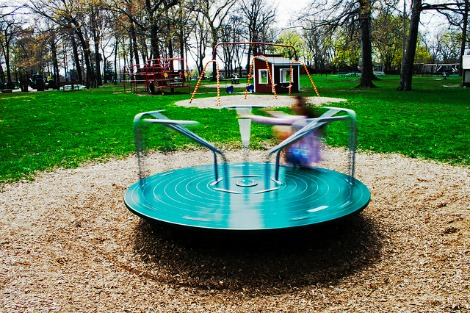
INTERNATIONAL
- Catherine Marshall
- 23 October 2015
15 Comments
Sissies are on their way out on British playgrounds. Guidelines produced by the Institute of Physics for the Department of Education recommend that teachers strongly discourage sexist language at school. While internet forums are replete with admonitions from members of the public furious at the erosion of so-called free speech, the guidelines are a welcome tool in the long and exhausting fight for female equality, and Australia would do well to consider adopting such procedures too.
READ MORE 
-
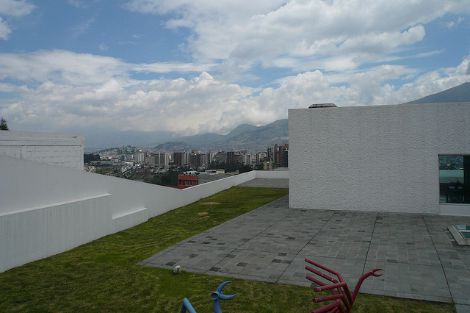
INTERNATIONAL
- Catherine Marshall
- 25 September 2015
1 Comment
On a terrace just below the house is the beloved, late Ecuadorian artist Guayasamin's masterpiece, La Capillla del Hombre. A collection of his imposing artworks fills the space, works that ask the unanswerable question: why is man equally capable of such cruelty, and such compassion? It is a question that all good art should pose — a point that Australia's newly appointed Minister for the Arts would do well to remember.
READ MORE 
-

AUSTRALIA
- Catherine Marshall
- 28 August 2015
5 Comments
As immigrants settling in Australia, the relative lack of fences and security measures was a sign that we'd chosen a safe and respectful country. This erasing of margins implied at once both mutual trust and an innate respect for the invisible boundaries that demarcated people's personal space. But 13 year later, I'm noticing the emergence of fortified residences boasting shiny black fences and firmly shut gates.
READ MORE 